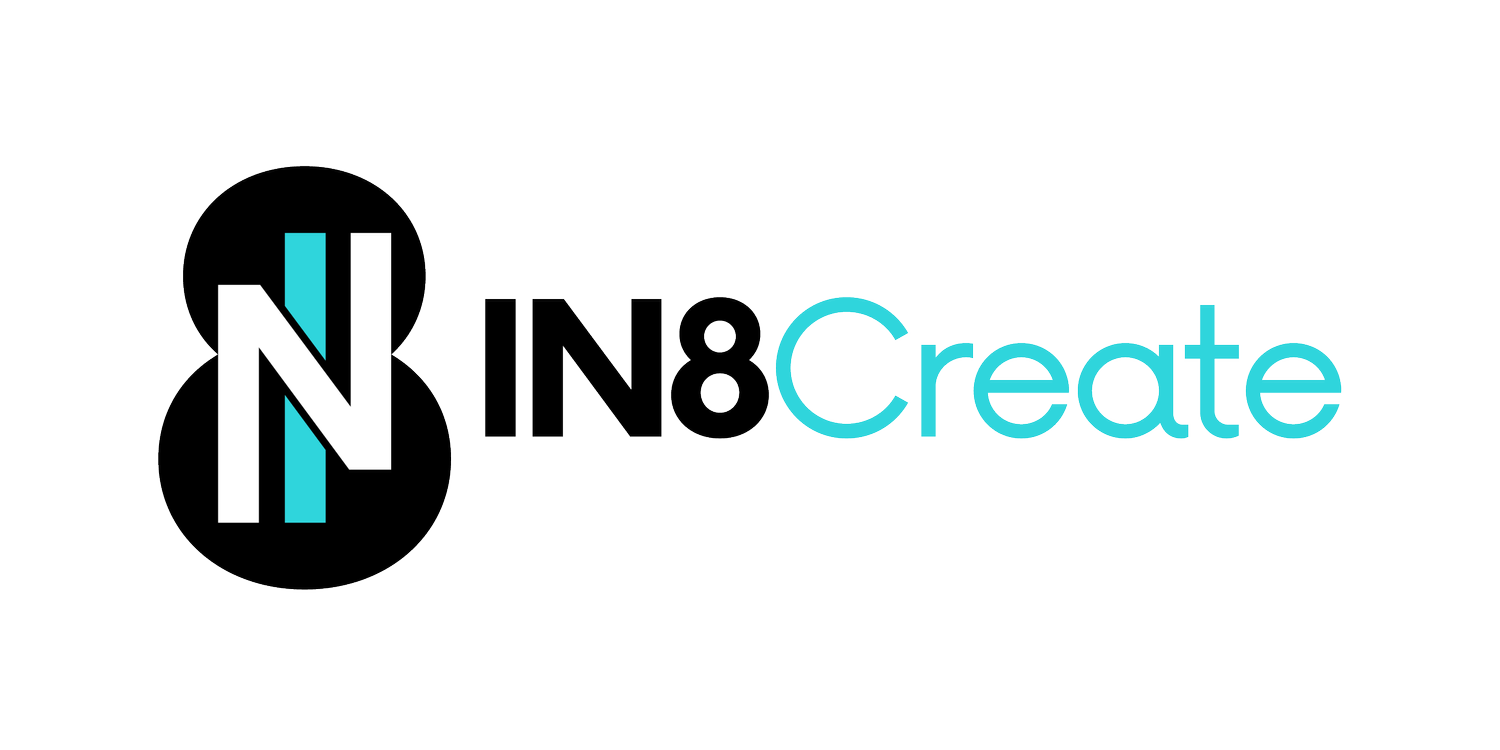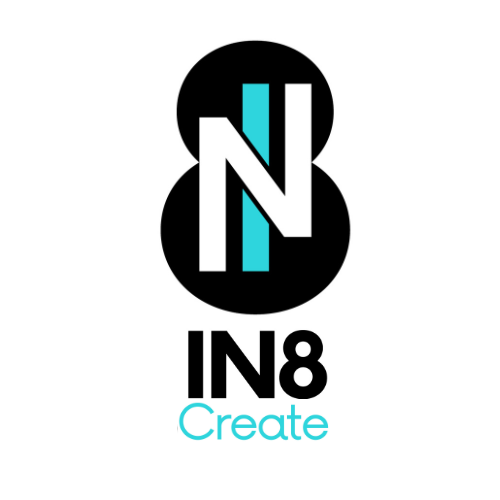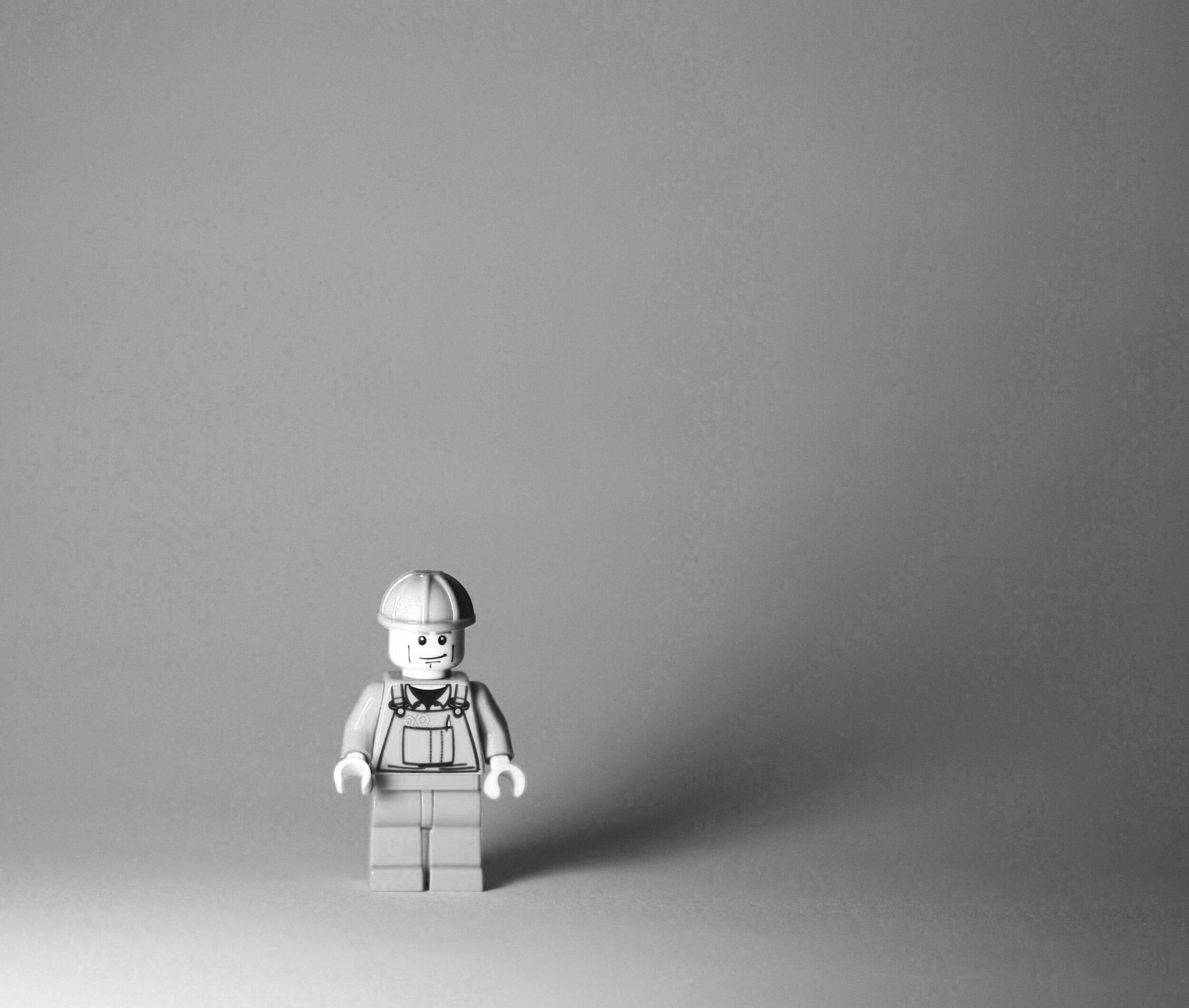
Insights
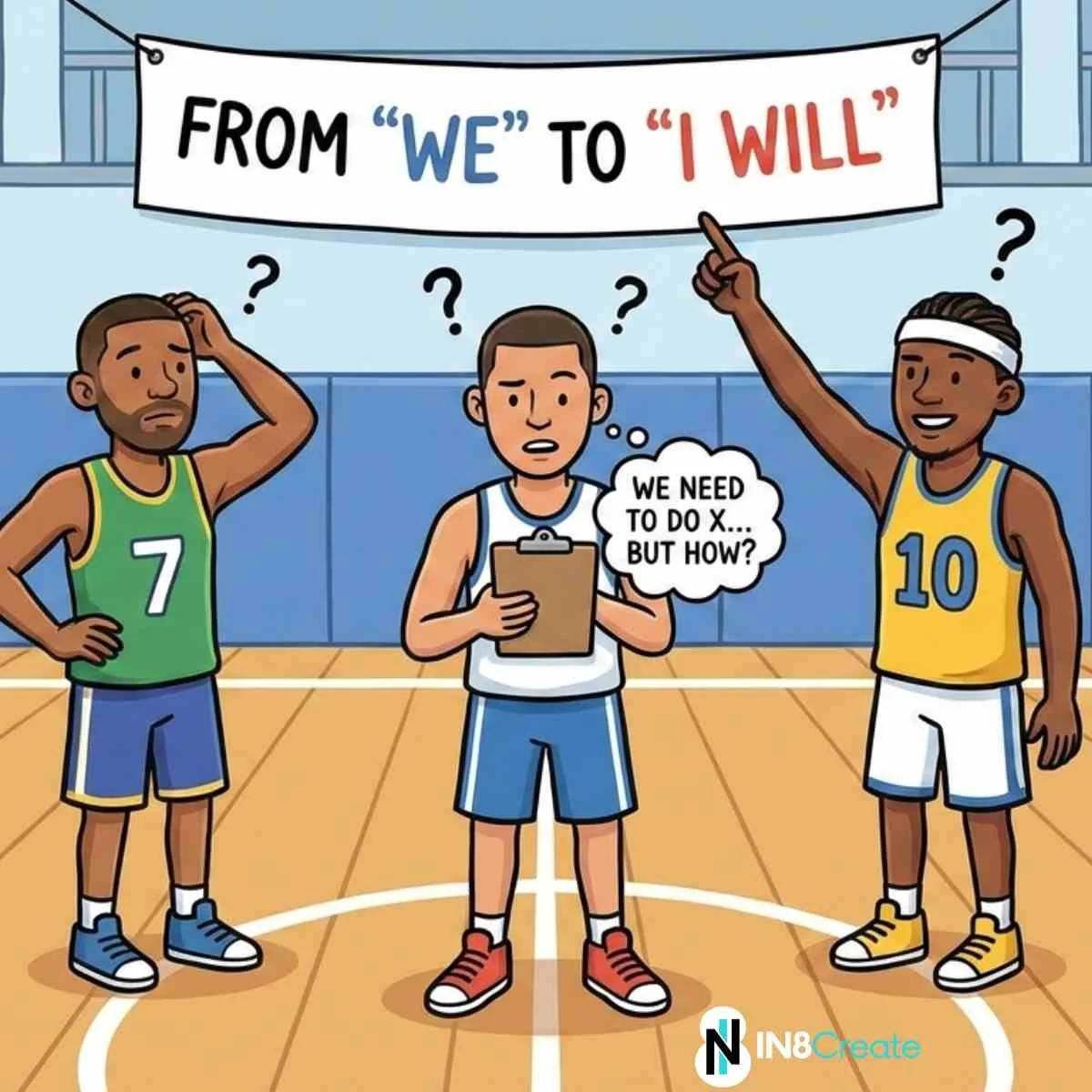
Why 'We Need To' Never Works
Everyone on my basketball team has great ideas. YouTube plays, motion offenses, elaborate strategies. None of it stuck—until we changed one word.
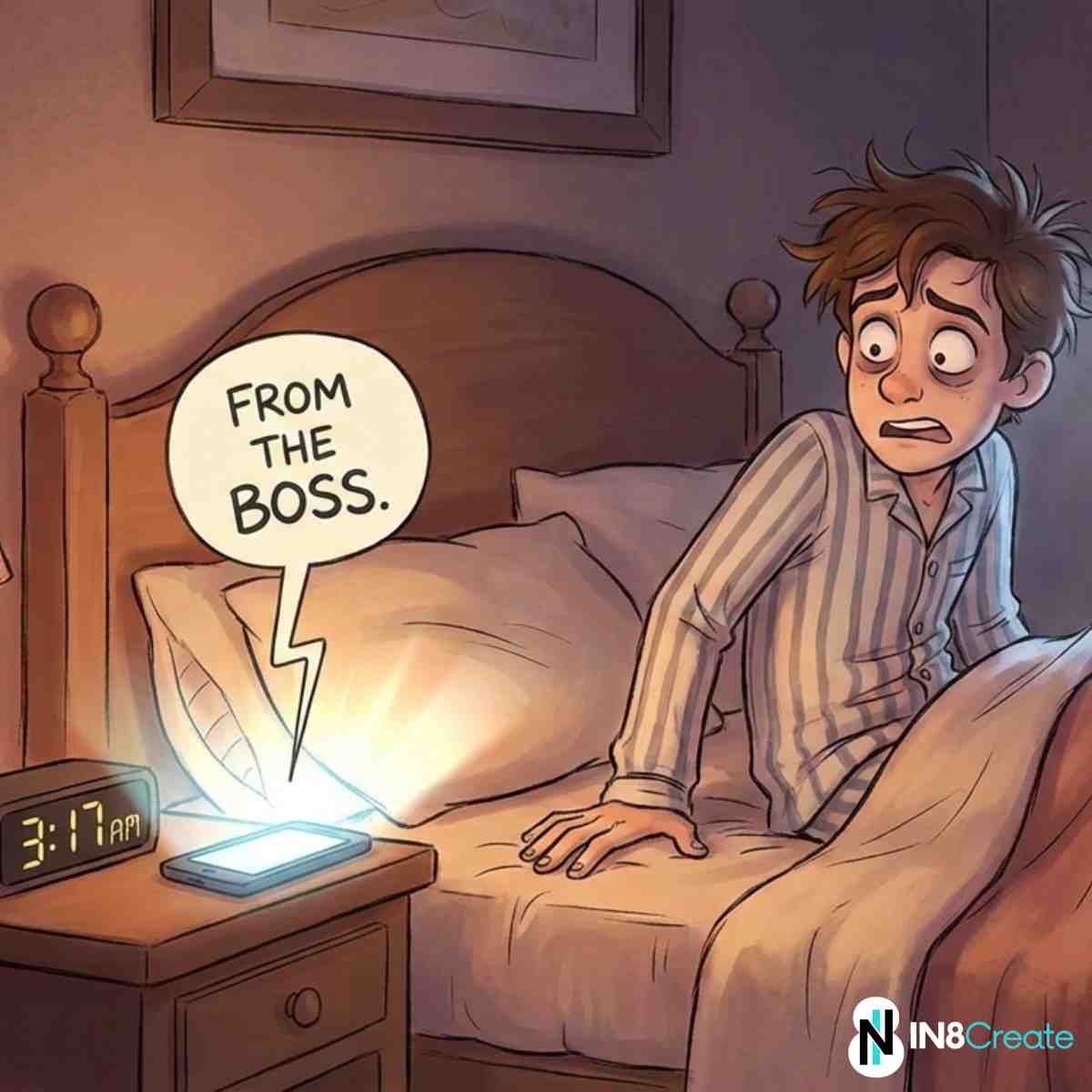
The Unspoken Expectations Killing Your Team
Your boss emails at 11:07 PM. Does she expect a response, or is she just working late? Your team is constantly guessing what you actually expect—and that guessing is quietly killing performance. One conversation about six specific questions can end the uncertainty forever.
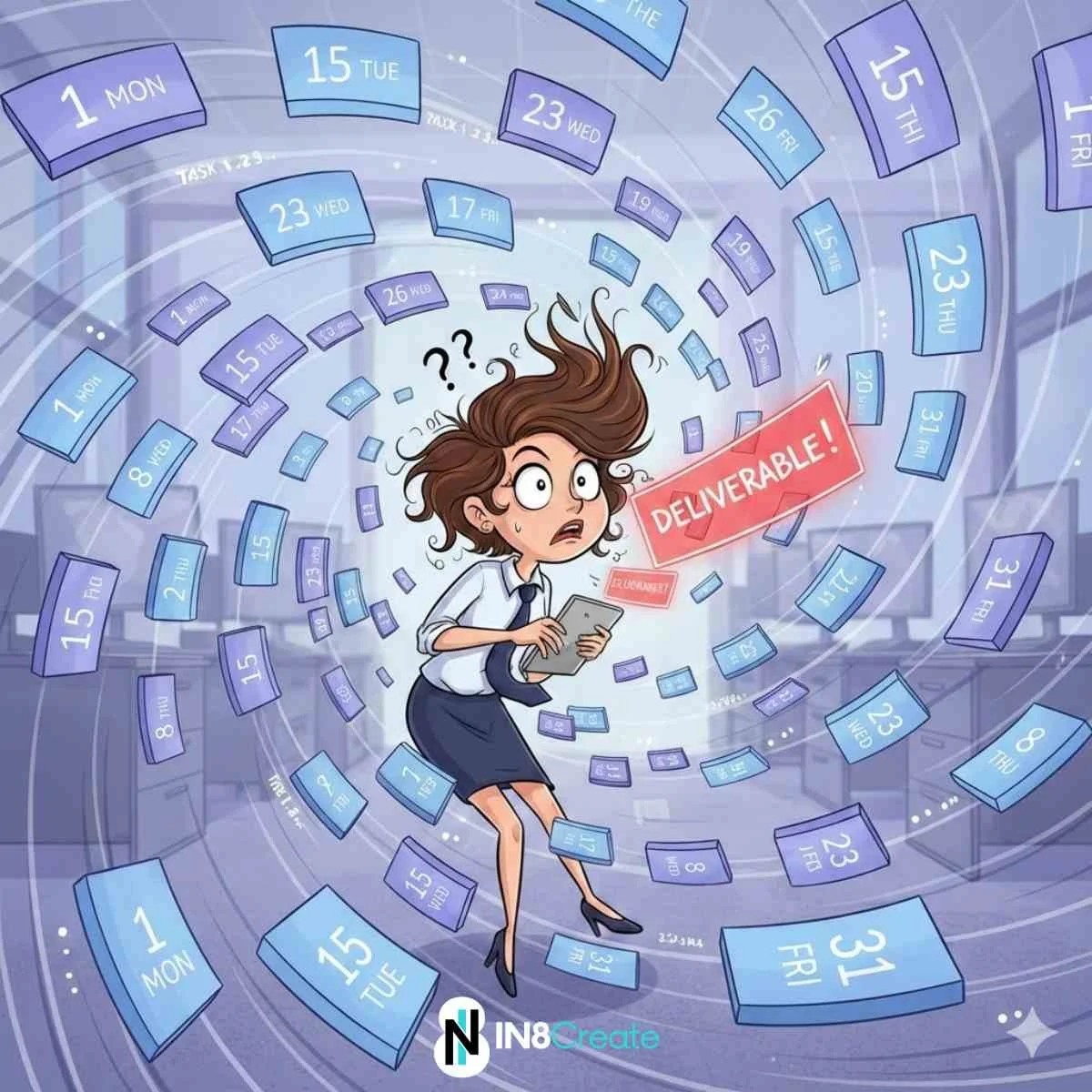
The Timeline That Couldn't Exist
You've been in that meeting where Engineering says eight weeks, Product counters with four, and everyone knows none of these numbers are real. When the same team members work across 50+ projects, they should be excellent at estimating—and they are. The problem isn't their ability to predict timelines; it's their inability to trust that honest estimates will be respected. So they adapt. They calculate what they actually need, add 40%, and deliver completely unrealistic numbers that implode the entire schedule. The timeline problem is actually a trust problem. And the trust problem is actually a leadership problem.

The Sliver Problem
Are you tired of circular conversations that never solve the real issue? It's like having a sliver—you can grab the top part, but the source of pain is buried deep beneath the surface. Most teams are being polite, lacking the language or methods to address the real conflict. In this post, you'll learn six practical ways to unearth buried team issues, from defining the actual problem to mapping conflicting goals with a 2x2 matrix. Plus, discover how we use LEGO Serious Play to help teams solve these problems in a psychologically safe way.
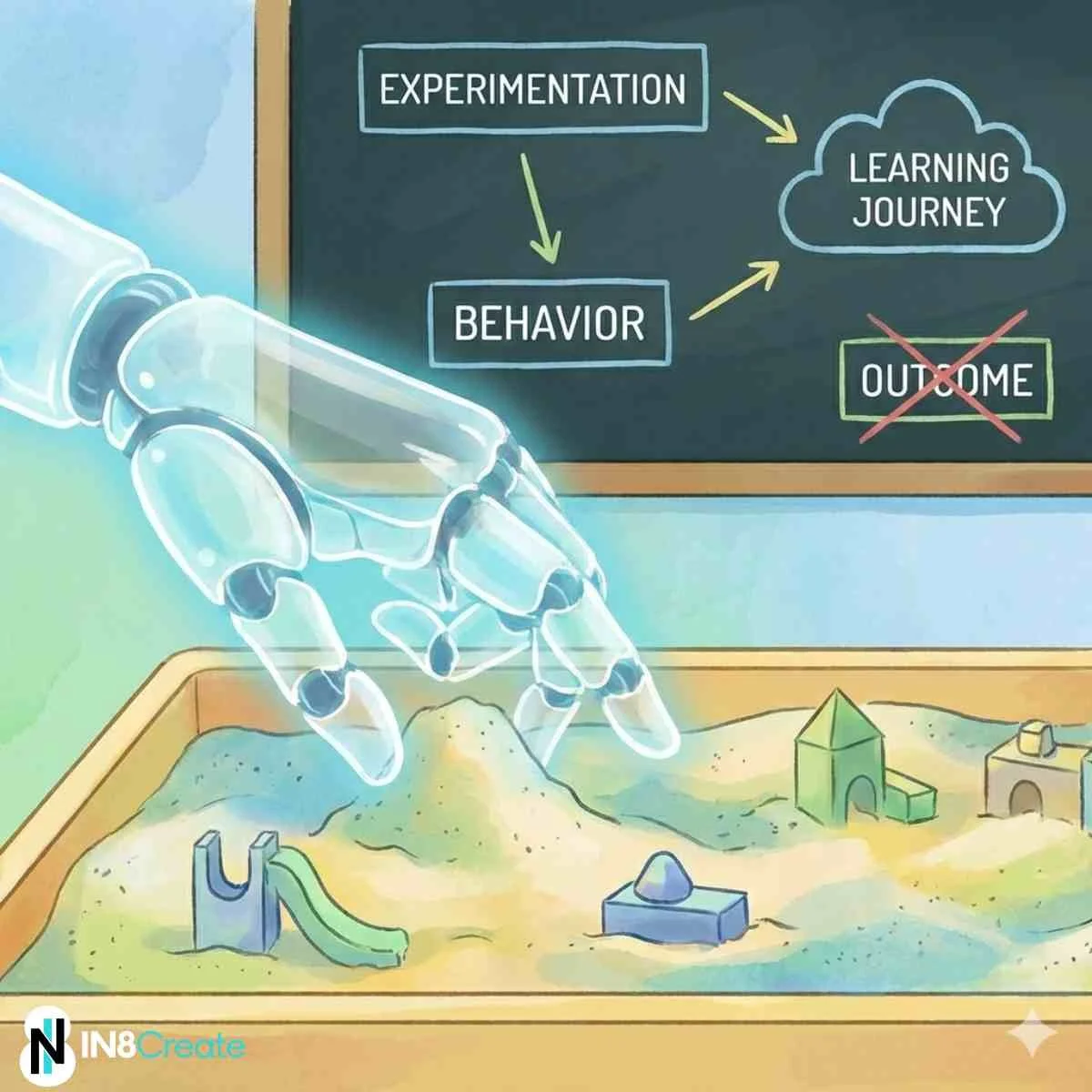
How Are You Keeping Score?
Your board is demanding AI adoption metrics, but you're navigating genuinely uncertain territory. Traditional outcome-based goals create anxiety when no one knows what success looks like yet. The solution? Shift to behavior-based goals like "teach AI one task you hate" or "use AI as a devil's advocate." These goals your team can actually achieve this week while building the experimentation habits that eventually lead to transformation. Start with your naturally curious people and let adoption cascade organically rather than mandating company-wide usage.
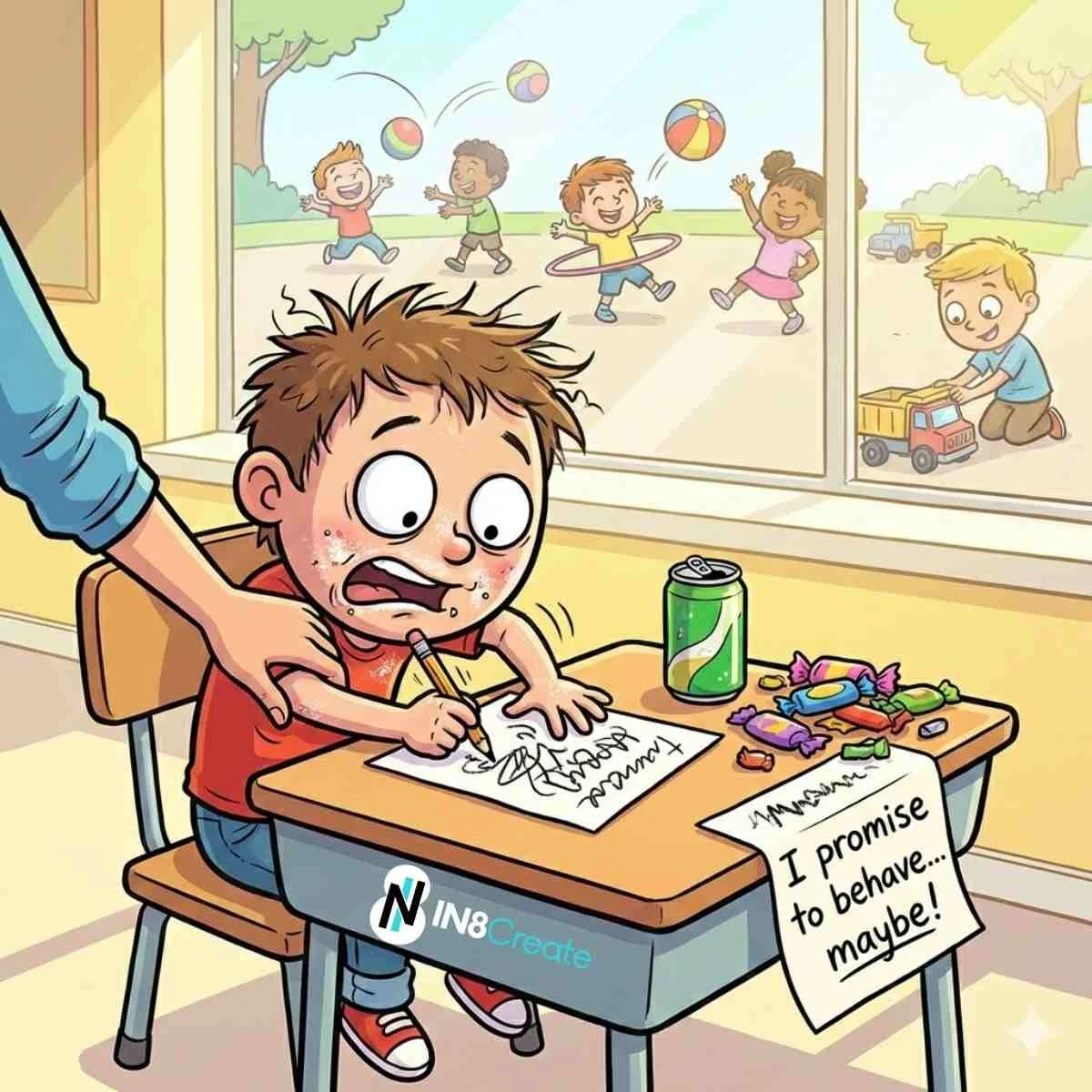
What Will Still Matter When AI Changes Everything About Work
AI is changing work fast, but human connection, creativity, and judgment aren't just surviving—they're becoming your only competitive advantage.

Why Imposed Change Exhausts Teams
When you choose change, it energizes. When change is thrust upon you, it exhausts. Here's why your team needs agency in how transformation happens.

Herding Squirrels Ep 20
What does it take to scale a fintech product from startup to flagship while keeping your team aligned and engaged? Gowri Sivaraman has spent 25+ years answering that question across multimillion-dollar products at companies like Intuit. In this episode, she shares the hard-won wisdom behind building teams that hold each other accountable and have fun doing it—revealing why the best teams never lose sight of their shared vision, how to remove emotion from cross-functional accountability, and what a failed basketball attempt taught her about leadership vulnerability.
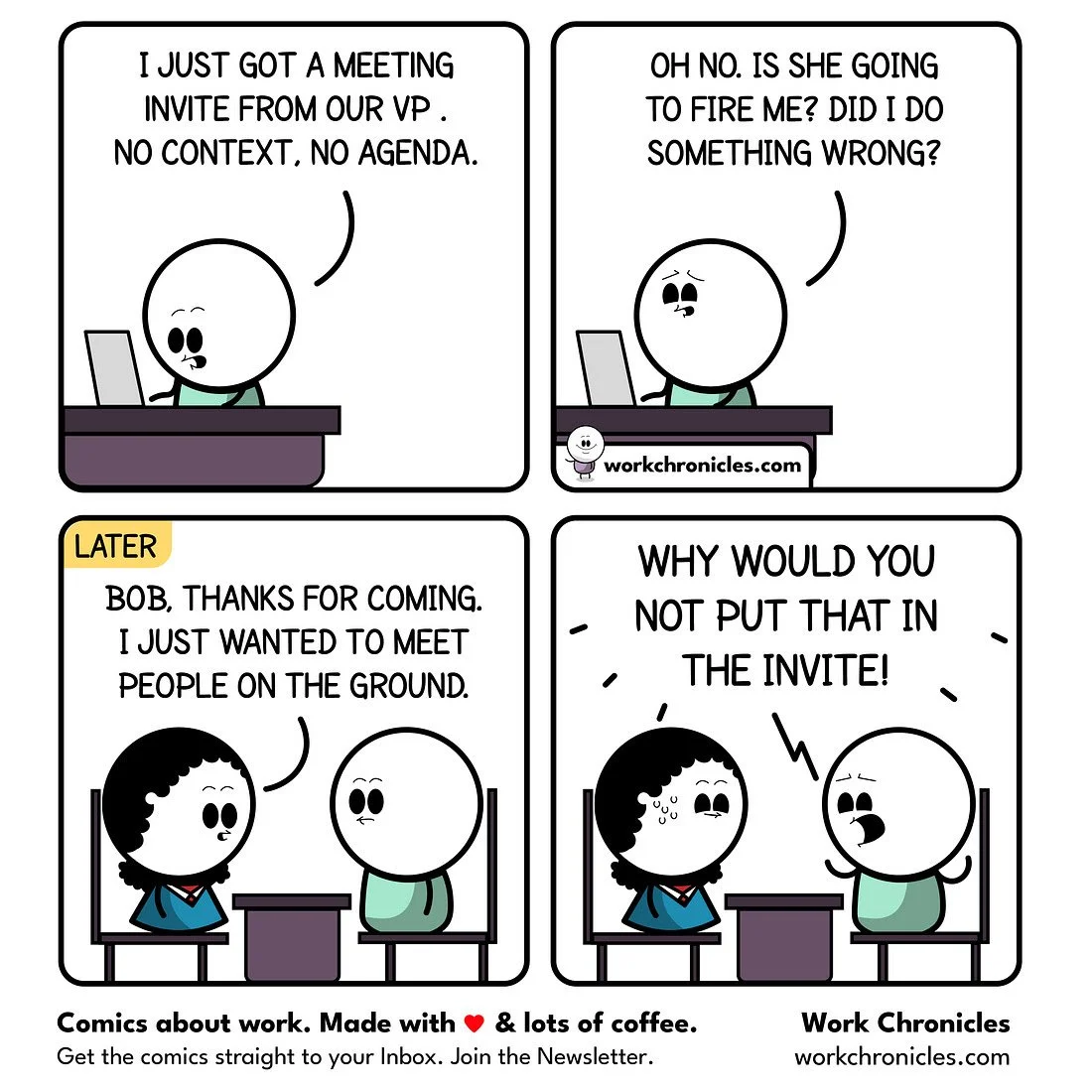
Silence is Communication
When leaders stay silent during organizational change, teams fill the information vacuum with worst-case assumptions. This triggers the brain's threat response, particularly around certainty - one of five domains in David Rock's SCARF model. Effective leaders communicate about uncertainty itself: acknowledge what's unknown, share what they do know, explain how decisions are being made, set update cadence, and give teams actionable steps.

Herding Squirrels Ep 19
In this episode, Barninder shares his counterintuitive approach to leading through uncertainty: upskilling your existing team beats hiring specialists every time. Your people already understand your culture, your technology, and your constraints—teach them the new skills rather than bringing in outsiders who'll spend months learning what your team already knows. He draws parallels between failed "Chief Digital Officers" and today's siloed "AI teams," warning that specialized groups without organizational integration create more problems than they solve.
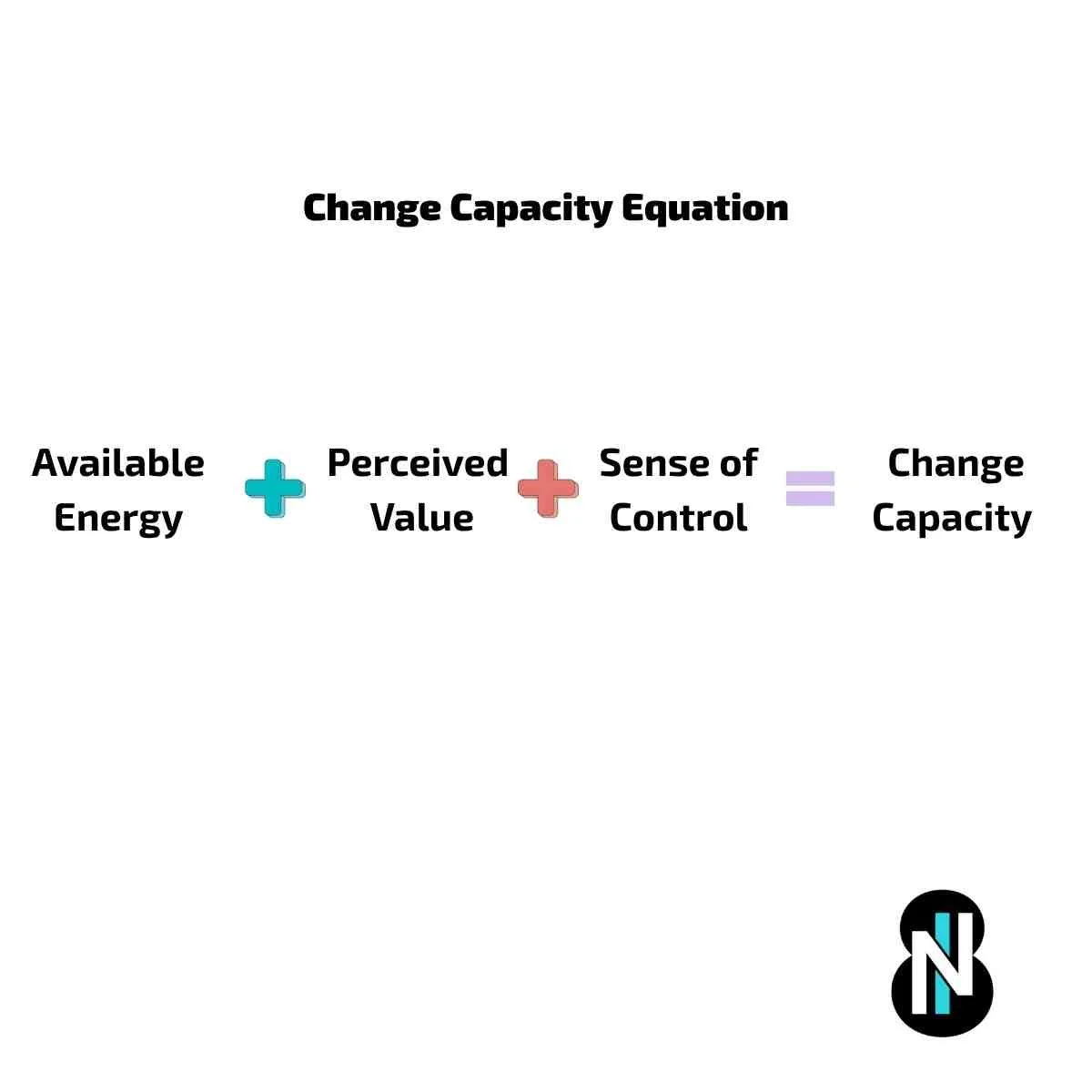
Your Team Isn't Resisting Change
Here's what makes adaptation possible: when your team's identity and your organization's purpose are clear, you can show how this change serves that shared purpose. When people see the change isn't random—it's in service of something they already believe in—the energy for adaptation becomes available. That doesn't mean resistance disappears. But it transforms from "why are we doing this?" to "how do we do this well?"

Herding Squirrels Ep 18
In this episode, Boomie builds four LEGO models that reveal her philosophy on engineering leadership. From her personal life to the best and worst team experiences, she shares insights on clarity, alignment, and the balancing act CTOs face in today's rapidly changing tech landscape. The conversation dives deep into managing AI adoption, addressing fear at all organizational levels, and why transparency—balanced appropriately—is critical for team success.
